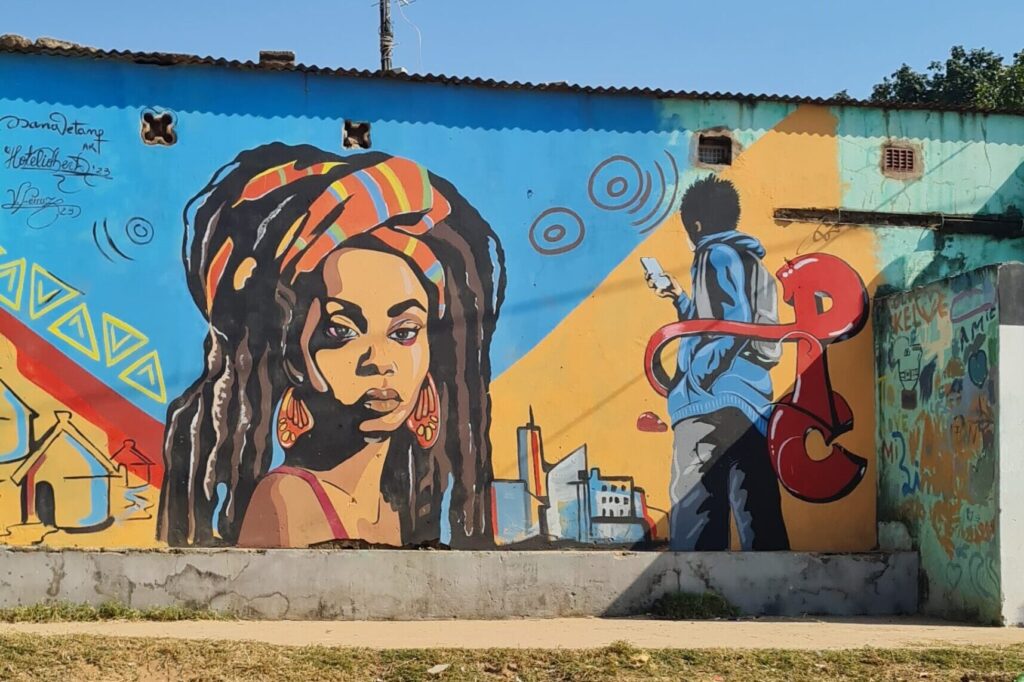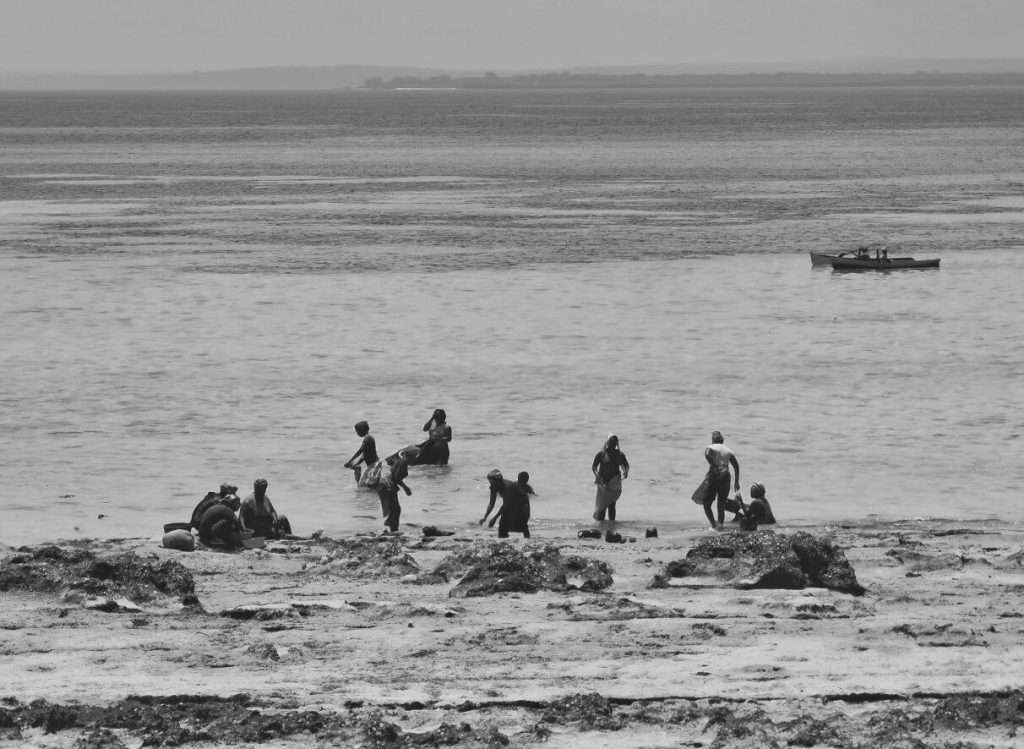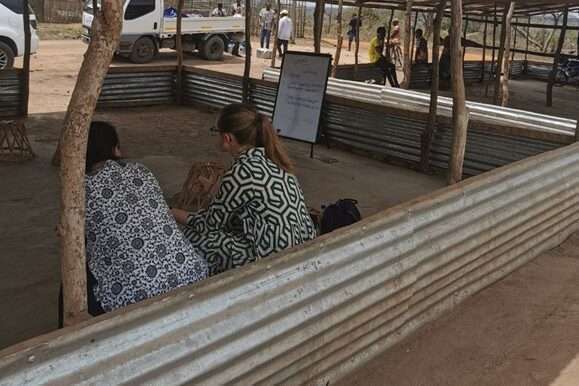PCi has been working in Mozambique since 2022, supporting national and international actors delivering humanitarian and development assistance in the north of the country. Our work helps those designing and delivering projects to work in a way that doesn’t unintentionally exacerbate conflict and that maximises their contribution to sustainable peace.
The ongoing armed conflict in Cabo Delgado, Northern Mozambique, is providing a set of challenges to national and international organisations in delivering effective humanitarian and development assistance. A lack of conflict sensitive practice by some agencies has led to unintended consequences and hindered the delivery of aid to those who need it most. Conversely, humanitarian and development assistance has the potential to address underlying drivers of conflict and therefore contribute to building peace. This potential often goes unrealised.
Peaceful Change initiative is working to strengthen conflict sensitivity expertise amongst national and international humanitarian and development organisations in northern Mozambique. We do this by supporting agencies to conduct and make sense of conflict analysis, to identify conflict sensitivity risks and design mitigation strategies, and to take advantage of opportunities to contribute to building peace.
Context overview
Mozambique’s Cabo Delgado region has been experiencing conflict since 2017. Militants aligned to Islamic extremist groups have killed thousands and displaced more than a million. Whilst some of these militants came from neighbouring countries, Mozambicans have also joined in significant numbers, motivated by their social and economic marginalisation as the inhabitants of one of Mozambique’s poorest regions. Discoveries of natural resource wealth in Cabo Delgado are perceived to have not benefitted local communities.
Against this backdrop, local and international humanitarian and development agencies have been continuing to deliver much-needed support to communities across Cabo Delgado. This support has included providing food aid, building shelter for displaced people and supporting healthcare and education. However, delivering humanitarian and development work in conflict is a complex endeavour, fraught with the risk of exacerbating tensions by benefitting one group over the other, or having materials and supplies diverted by armed groups or powerful elites.
Highlights of our work in Mozambique
We aim to strengthen conflict sensitivity expertise amongst national and international humanitarian and development organisations in Eastern Africa. Here we spotlight two of our approaches:



